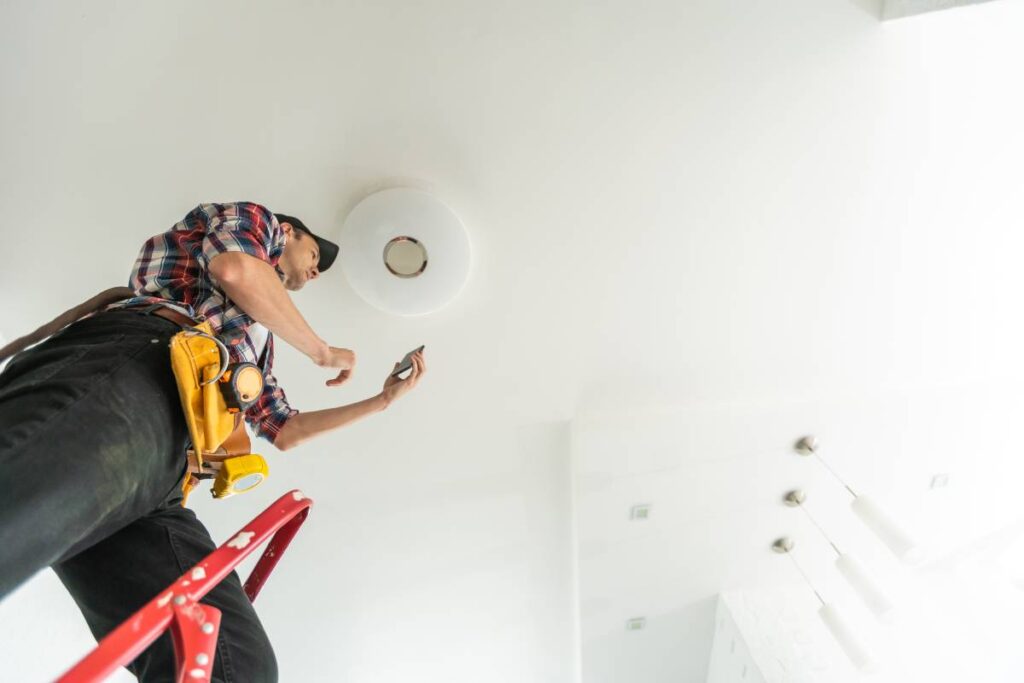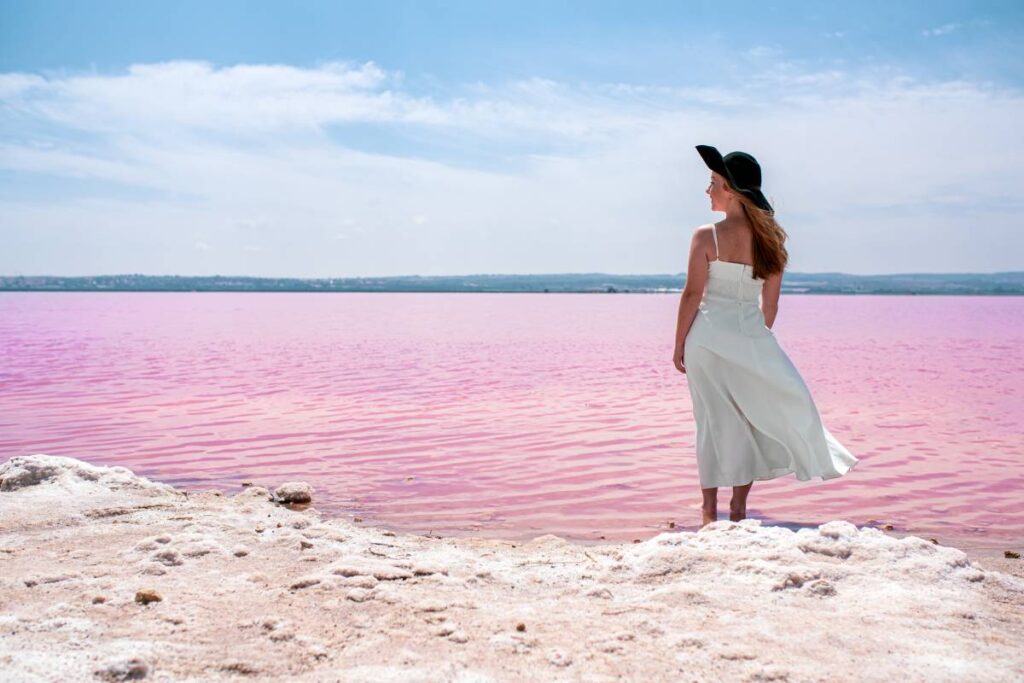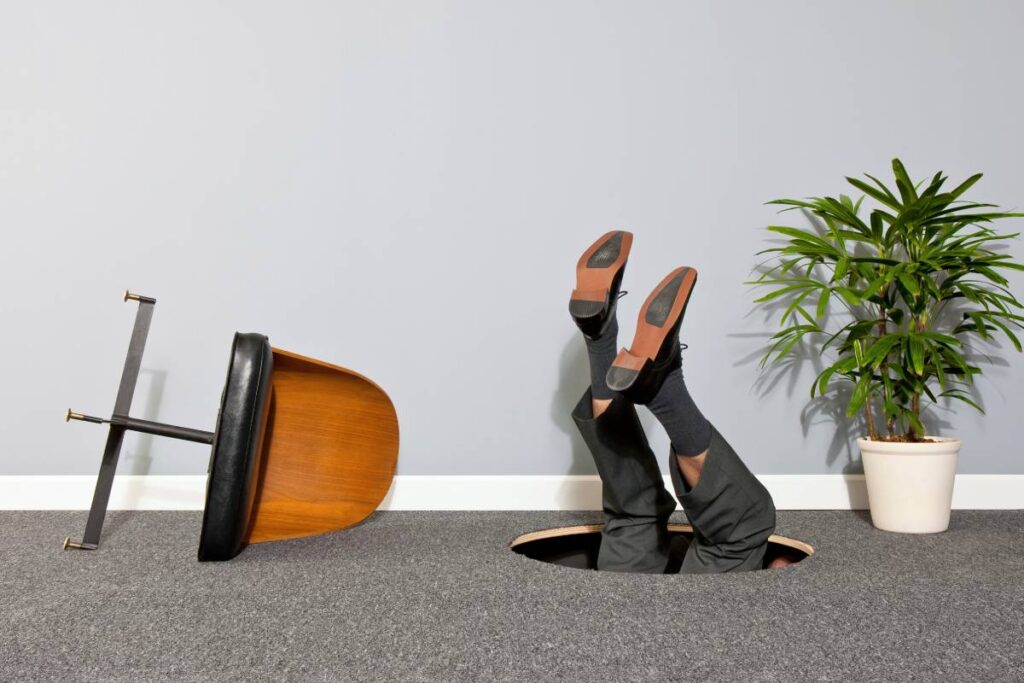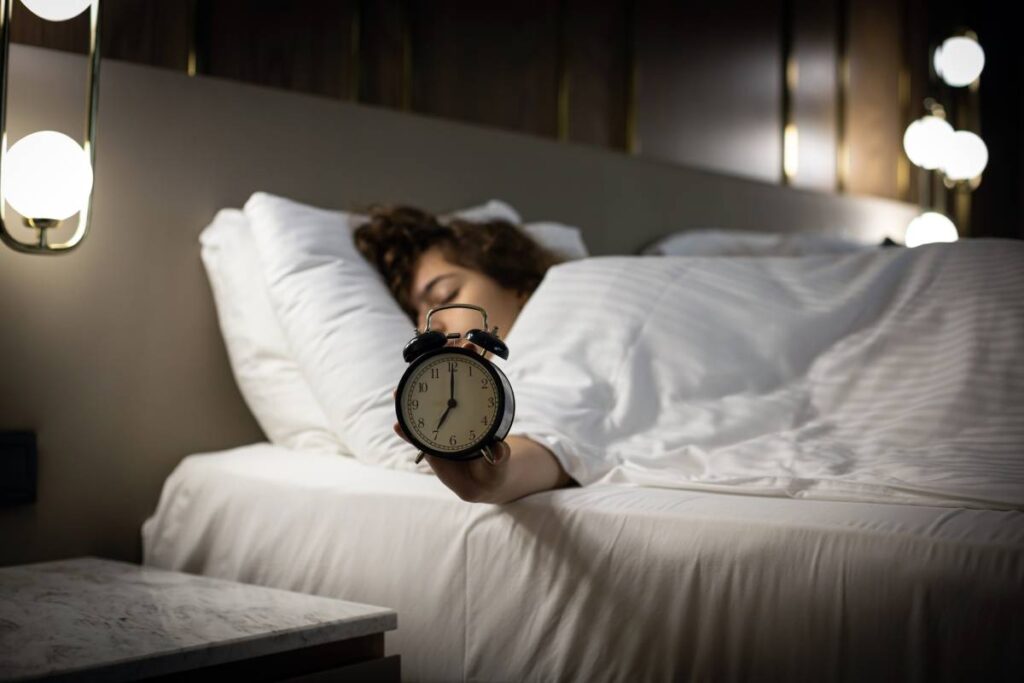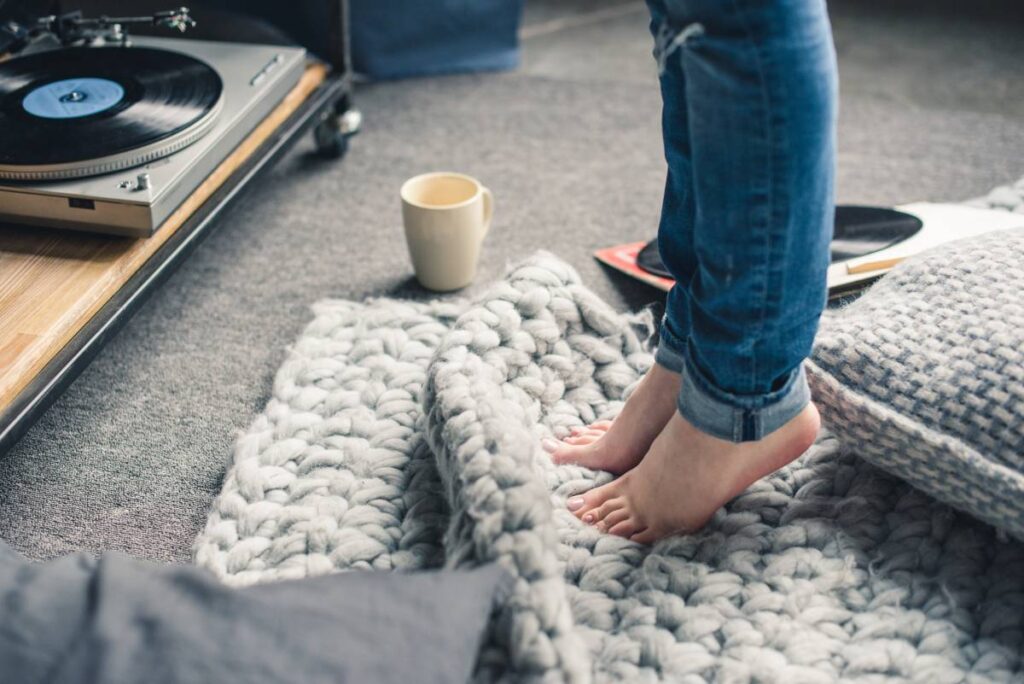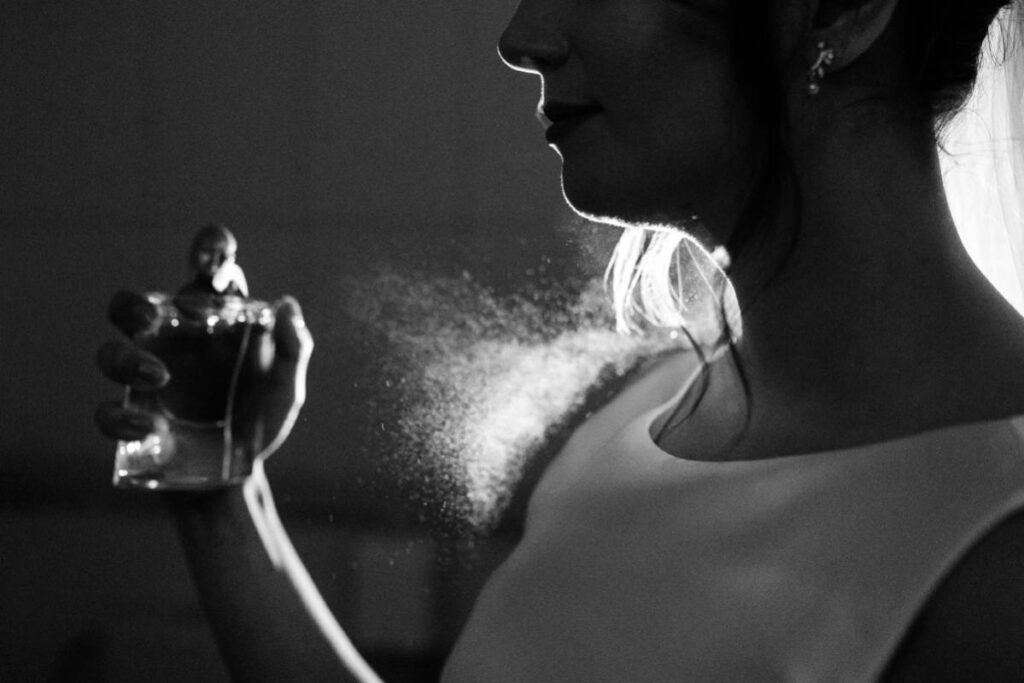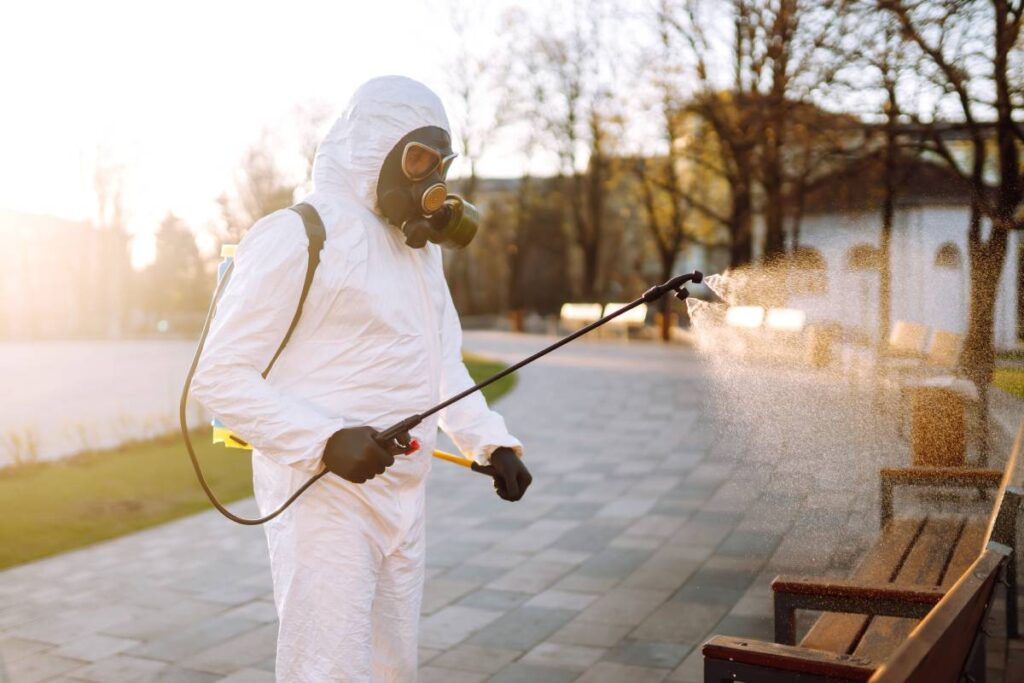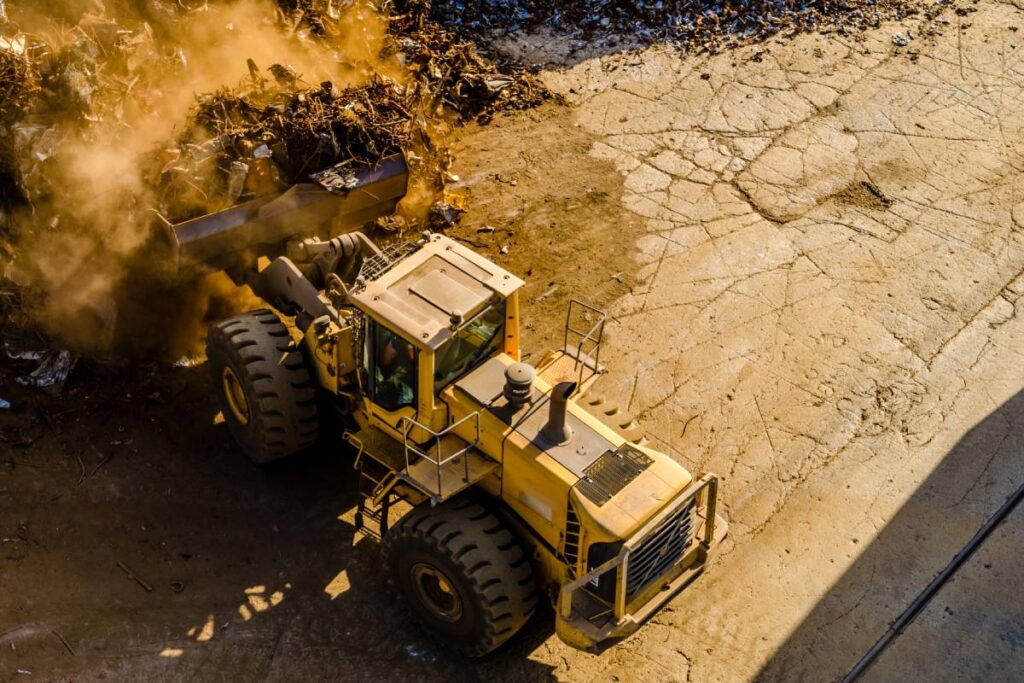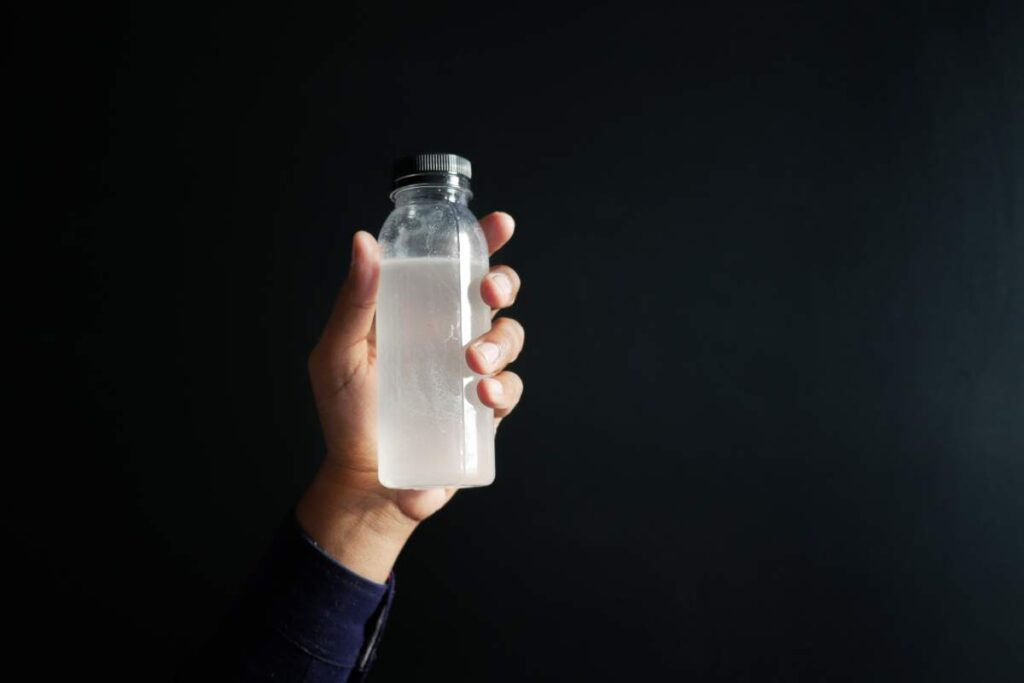Does Interior Paint Fade Over Time? How Long Does Interior Paint Last?

Interior paint can transform a home’s aesthetic, providing vibrancy, warmth, and character. However, one common concern for homeowners is whether this paint will fade over time and how long it is expected to last.
In this article, we’ll explore the factors that cause interior paint to fade, the typical lifespan of various paint types, and tips to maintain that fresh-painted look for as long as possible.
Why Does Interior Paint Fade?
Fading in interior paint can occur for several reasons. Though less prone to fading than exterior paint, which faces harsh environmental conditions, interior paint still suffers from wear and tear over time. Here are the primary factors affecting its longevity and appearance:
1. Exposure to Sunlight
- One of the most significant factors contributing to the fading of interior paint is exposure to ultraviolet (UV) rays. Sunlight passing through windows can cause paint to lose its vibrancy, especially if it directly hits a painted wall over extended periods.
- Certain colours, like red, orange, and yellow, are more prone to fading under UV exposure. In contrast, neutral tones like beige and white typically fare better over time.
2. Quality of Paint Used
- The quality of paint can make a substantial difference in how well it stands the test of time. High-quality paints usually contain more pigments and durable resins that help prevent fading and wear.
- Premium paints often incorporate UV inhibitors and other additives that protect against discolouration, making them more resistant to fading over time.
3. Type of Paint Finish
- The finish of the paint also affects its durability. Matte or flat finishes tend to fade more quickly than glossier finishes due to their porosity, which allows more dirt and particles to stick to the surface.
- Satin, eggshell, semi-gloss, and gloss finishes have a more durable sheen that reflects light and reduces fading.
4. Room Humidity and Temperature
- Excessive humidity can cause paint to deteriorate, peel, or bubble. Rooms with high humidity, like bathrooms and kitchens, often experience quicker paint degradation if the proper type of paint isn’t used.
- Paints designed specifically for humid environments, such as moisture-resistant paints, can last longer in these conditions.
5. Cleaning and Maintenance
- Regular cleaning can help maintain the paint, but harsh cleaning methods can damage it. Abrasive cleaners, excessive scrubbing, and using harsh chemicals can strip away pigments, leading to faded and patchy walls.
- Using gentle, paint-friendly cleaning products will help maintain the integrity of your wall’s colour and finish.

How Long Does Interior Paint Last?
On average, a good-quality interior paint job can last between 5 to 10 years, depending on the room and other factors. Here’s a breakdown of how long interior paint typically lasts in various areas of the home:
Living Room and Dining Room
- Paint in these areas often lasts the longest due to less exposure to moisture and physical wear. When using high-quality paint, you can expect it to look fresh for around 7 to 10 years, as long as it’s not subjected to direct sunlight through windows.
Bedrooms
- Bedrooms generally have moderate paint longevity. Children’s rooms, however, may need touch-ups or repainting every 5 years due to potential scuffs, crayon marks, and general wear.
Kitchen
- Kitchens face specific challenges that can reduce paint lifespan, including grease, moisture, and food splatters. If high-quality, washable paint is used, the walls can stay vibrant for about 5 to 7 years, though touch-ups may be necessary.
Bathrooms
- Bathrooms are highly humid environments, which can cause paint to peel or mould if it’s not specially designed for such conditions. For this reason, moisture-resistant paints are recommended and typically last around 3 to 5 years.
Hallways and Corridors
- Hallways experience a lot of traffic and scuff marks, especially in family homes with young children. The paint here may start to look worn out within 3 to 5 years due to constant exposure to dirt and handling.

Tips to Extend the Lifespan of Interior Paint
To help your interior paint last as long as possible, consider implementing the following tips:
1. Choose High-Quality Paints and Primers
- Investing in high-quality paints that contain fade-resistant pigments and UV-blocking components can increase the longevity of your paint. Good primer and paint preparation can also help paint adhere better and last longer.
2. Use the Right Paint Finish for Each Room
- Selecting the appropriate finish based on the room’s use can prevent premature wear. For example, satin or semi-gloss finishes are ideal for high-traffic areas, while matte finishes can work well in spaces like bedrooms where durability isn’t as crucial.
3. Protect Against Sunlight
- Use blinds, curtains, or UV-blocking window films in rooms that receive strong sunlight to help reduce fading. This is especially useful in areas where direct sunlight falls on brightly painted walls.
4. Ventilate High-Humidity Rooms
- Proper ventilation in bathrooms and kitchens can help prevent moisture buildup, which deteriorates paint. Consider using exhaust fans and dehumidifiers to keep humidity at bay.
5. Clean Gently and Regularly
- Clean painted walls with soft cloths and mild cleaning solutions to avoid removing pigment. Use gentle, circular motions to minimize streaking and prevent fading from excessive scrubbing.
6. Opt for Paints with Mildew and Moisture Resistance
- When painting bathrooms or kitchens, use paints formulated to resist mildew and moisture, which will help prevent peeling and colour degradation.

Recognizing Signs That It’s Time to Repaint
Even with the best maintenance practices, all paint will eventually need to be refreshed. Here are some signs indicating it’s time for a new coat:
Visible Fading or Discoloration
- If walls no longer look as vibrant as they used to and appear washed out, repainting is recommended to restore the room’s aesthetic.
Peeling or Bubbling Paint
- This is often due to moisture issues, particularly in bathrooms and kitchens. When paint begins to peel, it’s usually time for a new coat, preferably with moisture-resistant paint.
Frequent Stains or Scuff Marks
- High-traffic areas may show more wear and tear over time. If marks are challenging to remove or repainting small areas no longer matches the rest of the wall, it’s time to consider a fresh coat.
Surface Cracking or Chalky Residue
- Cracking and a powdery residue indicate that paint is past its lifespan. This can happen in older homes or in areas with poor ventilation, signifying that a new coat is needed.
Conclusion
Interior paint does fade over time, primarily due to sunlight exposure, humidity, quality of paint, and cleaning habits. However, with the right choice of paint, careful room-specific finish selection, and regular maintenance, you can extend the life of your paint and keep your home looking fresh for years to come.
When considering a repaint, professional services like Painting All Sorts can help achieve a long-lasting finish, ensuring your home’s interior stays vibrant and beautiful for as long as possible.
Typically, interior paint lasts anywhere from 5 to 10 years depending on the room and usage. By recognizing signs like fading, peeling, or cracking, you’ll know when it’s time to refresh your space with a new coat.

